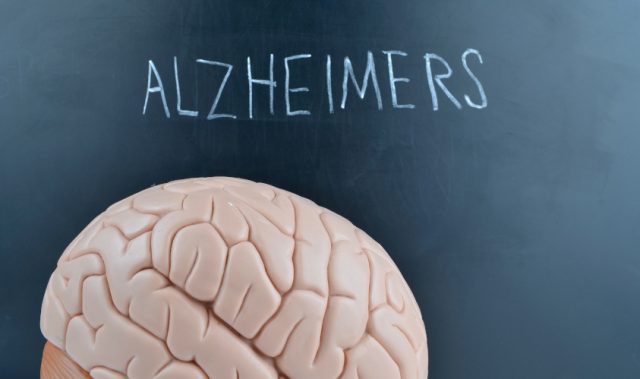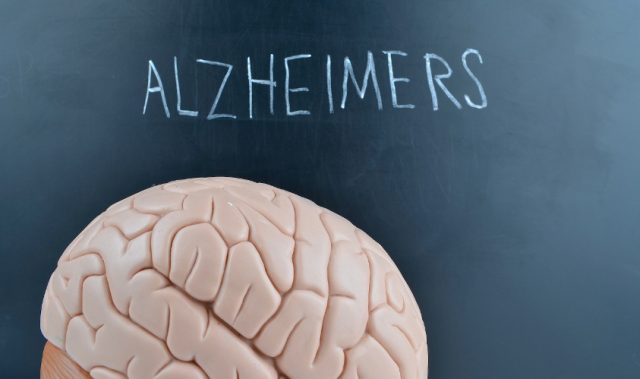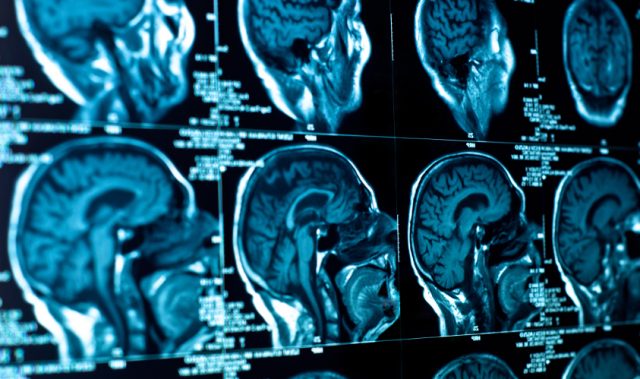
AsianScientist (Jul. 30, 2018) – Scientists in Japan have demonstrated that ultrasound may be used to stimulate blood vessel and nerve cell formation in the brains of mice. They published their findings in Brain Stimulation.
Dementia affects about 50 million people worldwide, with 10 million new cases occurring every year. There are currently no curative treatments available for vascular dementia or Alzheimer’s disease, the most common causes of dementia.
Moreover, the cells lining the brain’s blood vessels are tightly packed, forming a blood-brain barrier that prevents large molecules from crossing into the brain tissue. This limits the types of drugs and cell therapies that could be made available to treat dementia.
In this study, a team of scientists led by cardiologist Dr. Hiroaki Shimokawa at Tohoku University, Japan, sought a way to treat dementia without using drugs. Shimokawa and his team had conducted previous studies showing that low-intensity pulsed ultrasound (LIPUS) improved blood vessel formation in pigs with myocardial ischemia, a condition where there is reduced blood flow to the heart.
Other studies have reported that LIPUS increases the production of proteins involved in nerve cell survival and growth, in addition to promoting nerve regeneration. Focusing LIPUS treatment on a region in the brain called the hippocampus, which is involved in memory, has also been found to improve dementia in mice.
Hence, the Tohoku University team wanted to find out if whole-brain rather than focused LIPUS is effective in treating mouse models of dementia. They found that mice receiving whole-brain LIPUS treatment had reduced cognitive impairment as compared to controls. The mice with vascular dementia received the treatment on the first, third and fifth days following a surgical procedure that limited the brain’s blood supply. The mice with a condition simulating Alzheimer’s disease in humans received 11 LIPUS treatments over a period of three months.
At the molecular level, genes related to the cells lining blood vessels were switched on by LIPUS treatment. Also, there was increased expression of an enzyme involved in blood vessel formation and a protein involved in nerve cell survival and growth.
The researchers concluded that their study provides the first experimental evidence that whole-brain LIPUS therapy markedly improves cognitive dysfunctions without serious side effects. The first clinical trials to evaluate the effectiveness and safety of the LIPUS treatment are already underway.
“The LIPUS treatment is a non-invasive physiotherapy that could be applied to high-risk elderly patients without the need for surgery or anesthesia, and could be used repeatedly,” said Shimokawa.
The article can be found at: Eguchi et al. (2018) Whole-brain Low-intensity Pulsed Ultrasound Therapy Markedly Improves Cognitive Dysfunctions in Mouse Models of Dementia – Crucial Roles of Endothelial Nitric Oxide Synthase.
———
Source: Tohoku University; Photo: Shutterstock.
Disclaimer: This article does not necessarily reflect the views of AsianScientist or its staff.












